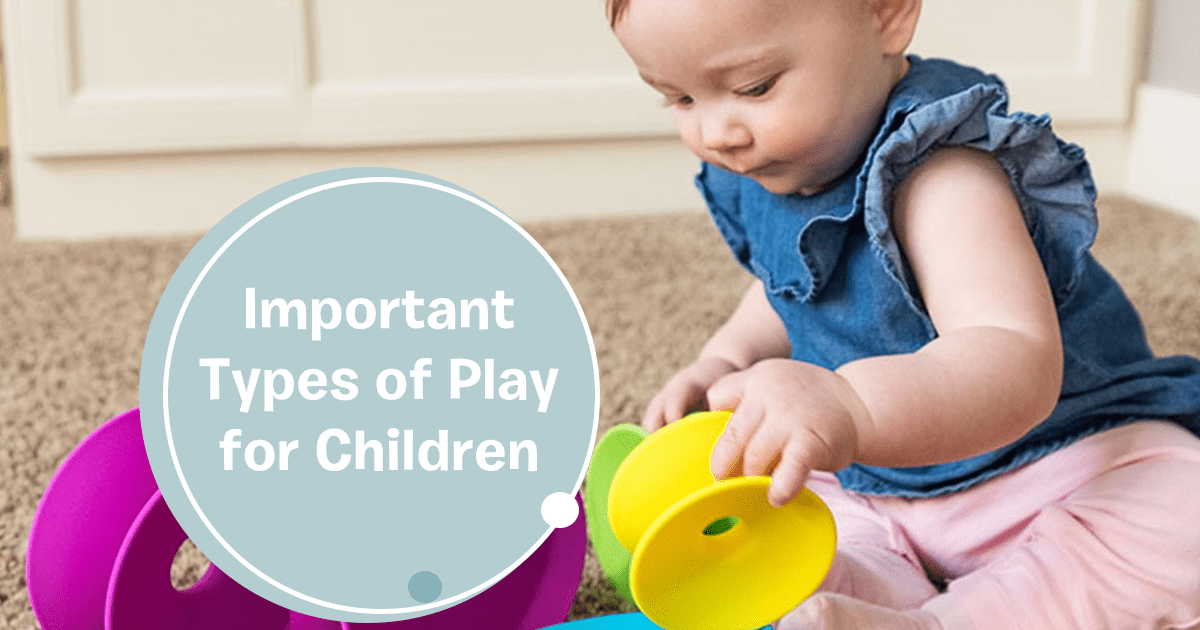
Play is all about having fun while learning! What makes playing so great is that whether it's organized or unstructured, its possibilities for fun and learning are still limitless. That said, there are several types of play that your children can do so they can better focus on their strengths and abilities.
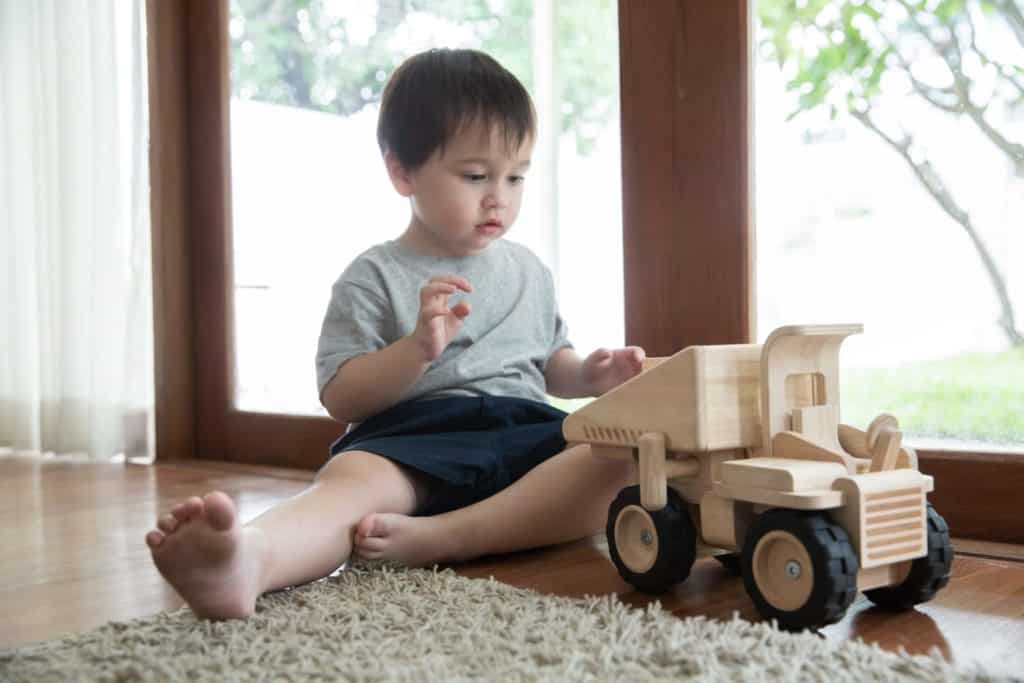
This type of play is all about teaching the kids how to build structures and manipulate materials in order to fit together. As a result, their cognitive skills are being used, challenging their ability to figure out strong structures and how to make use of any given material at hand as a piece of a whole. Blocks, Legos, and magnetic tiles are synonymous with this type of play. Also, even when kids are trying to assemble the roads for their toy cars or building a fort out of pillows, they're already able to adapt this type of play into their activities.
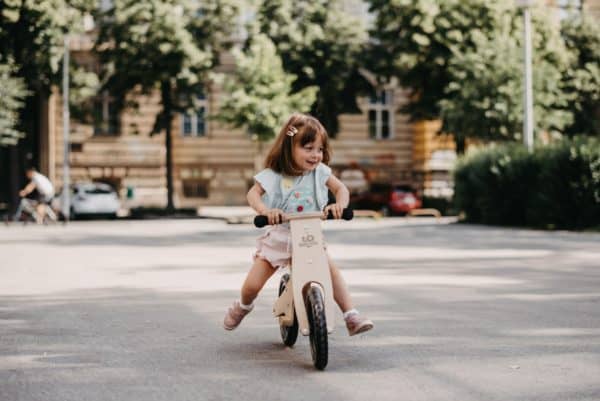
From throwing a ball to climbing safe structures to riding a bike, physical play is an important activity because it develops your child's coordination, balance, gross motor skills, and fine motor skills. It's a way for them to release all the energy they have bottled up inside so don't hold them back! Yes, it can be exhausting to look after them, but making use of their whole body and stored energy to play is supposed to be a vital part of their childhood.
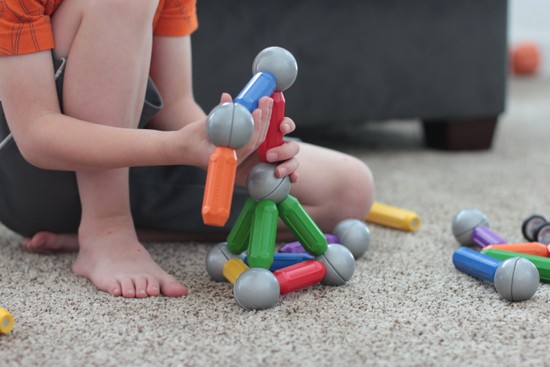
Unleash your child's imagination, creativity, and ability to express themselves as they embark on innovative activities while playing. Let them think outside the box as they do activities like arts and crafts, singing, acting, dancing, telling jokes. These things are important for them to be able to themselves and explore and process their experiences, ideas, and emotions, in a fun and engaging way.
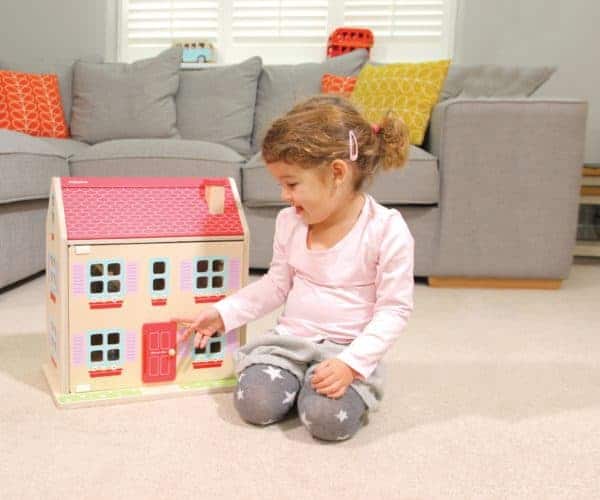
Similar to Creative Play, Fantasy Play allows children to stretch their imagination and use everything that they've learned thus far (vocabulary, numbers, etc.) to express concepts as they assume "real world" roles. Through make-believe, they can re-enact situations that enable them to make sense of their emotions. We suggest you also take time to talk to them after they play, reflecting on why they chose to re-enact a certain situation or play a certain character. Talk about their dreams, what they want to be when they grow up, what they have observed about their surroundings.
Which type of play does your child enjoy best?
Do you think this will be an opportunity for them to figure out their strengths and what they want to do as they grow older?